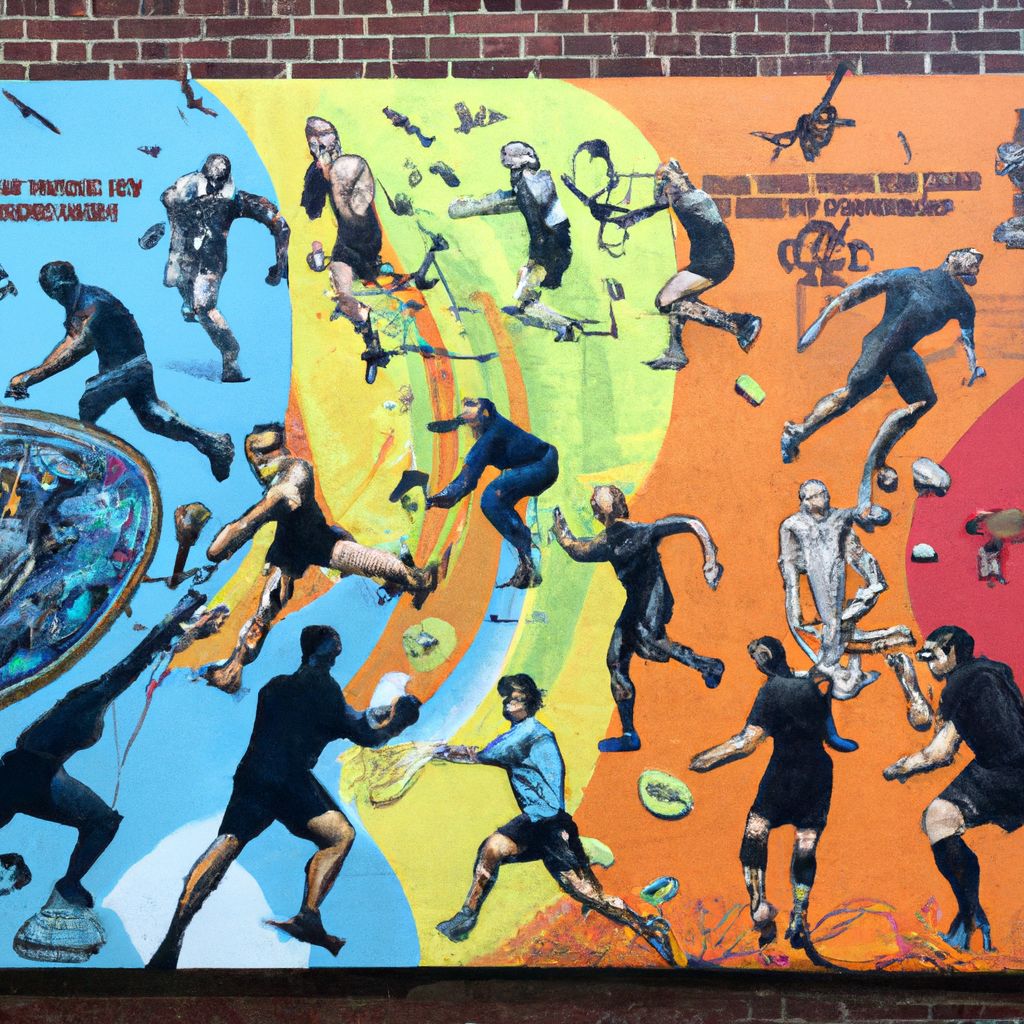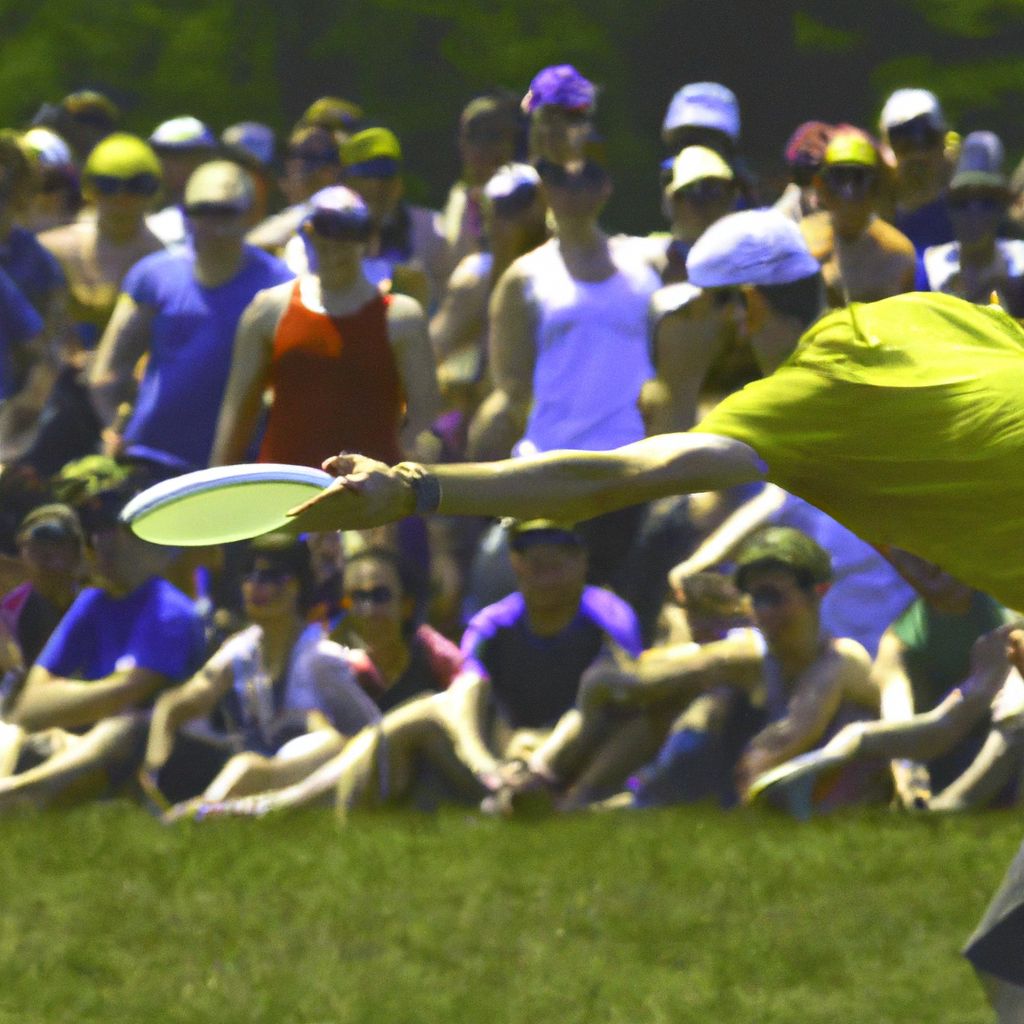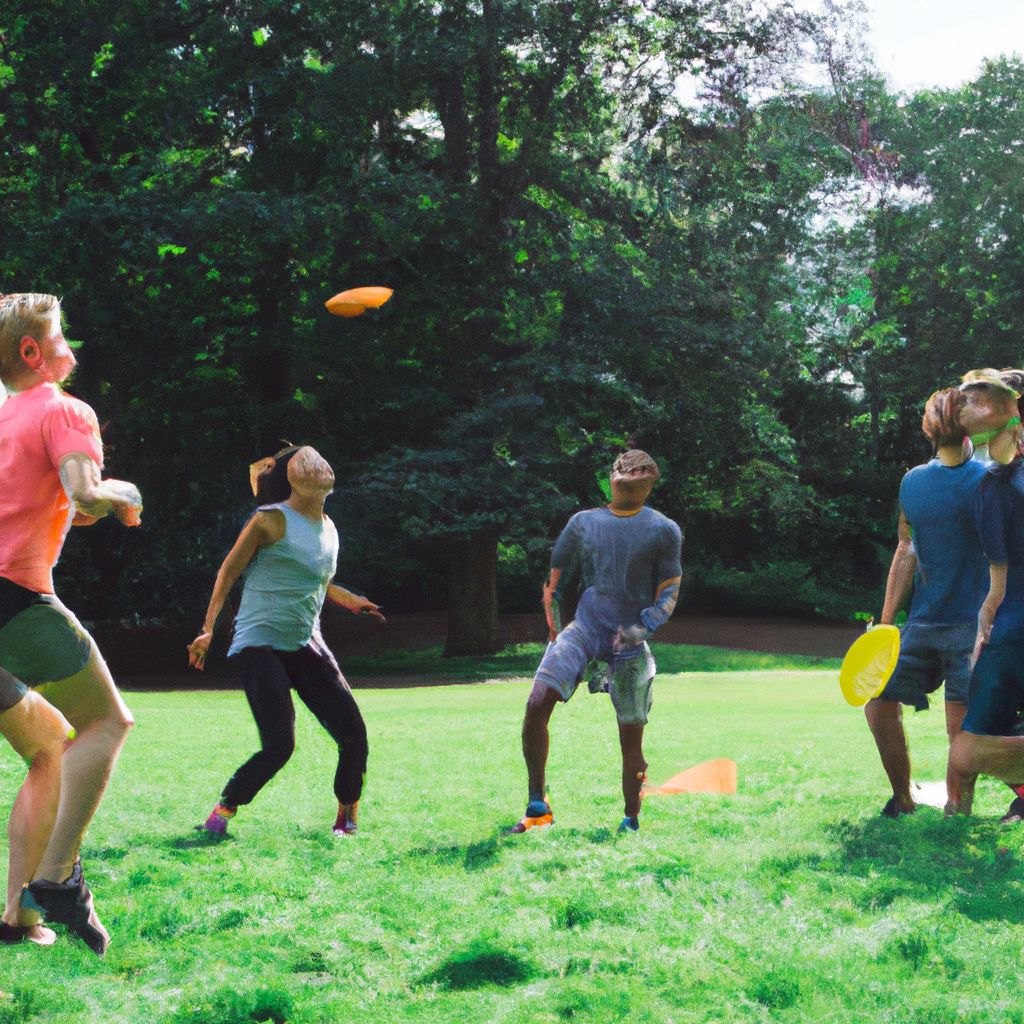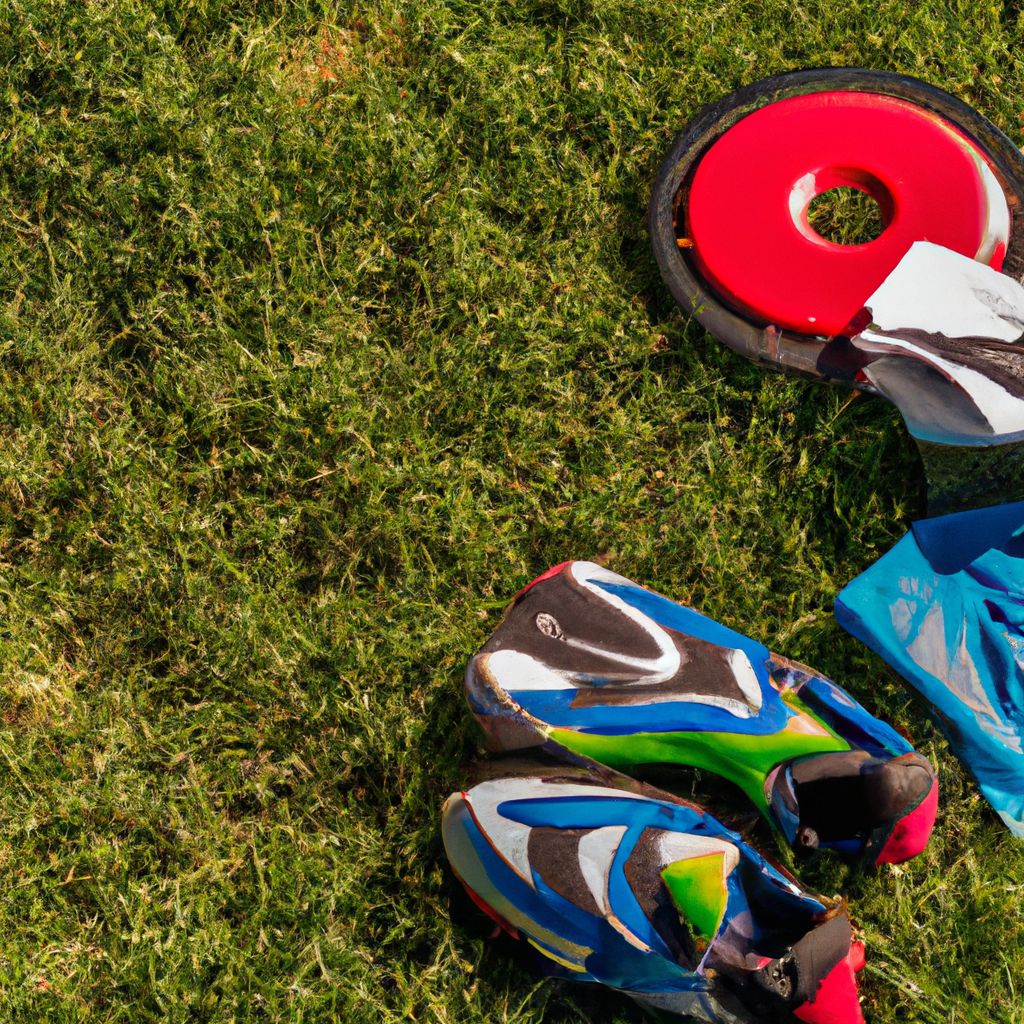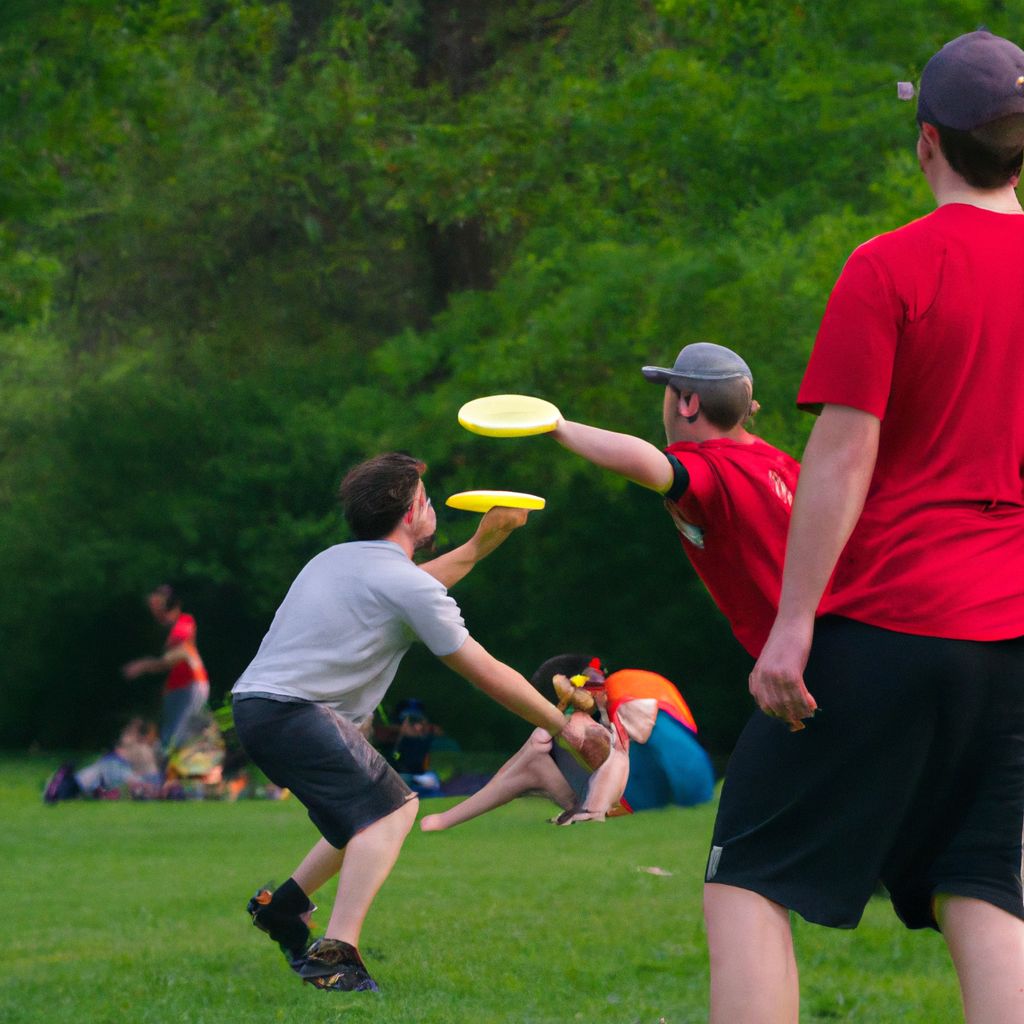- Introduction to Ultimate Frisbee
- Origins of Ultimate Frisbee
- Early Days of Ultimate Frisbee
- Evolution of Ultimate Frisbee
- Ultimate Frisbee in the Modern Era
- Impact and Influence of Ultimate Frisbee
- Conclusion
Introduction to Ultimate Frisbee
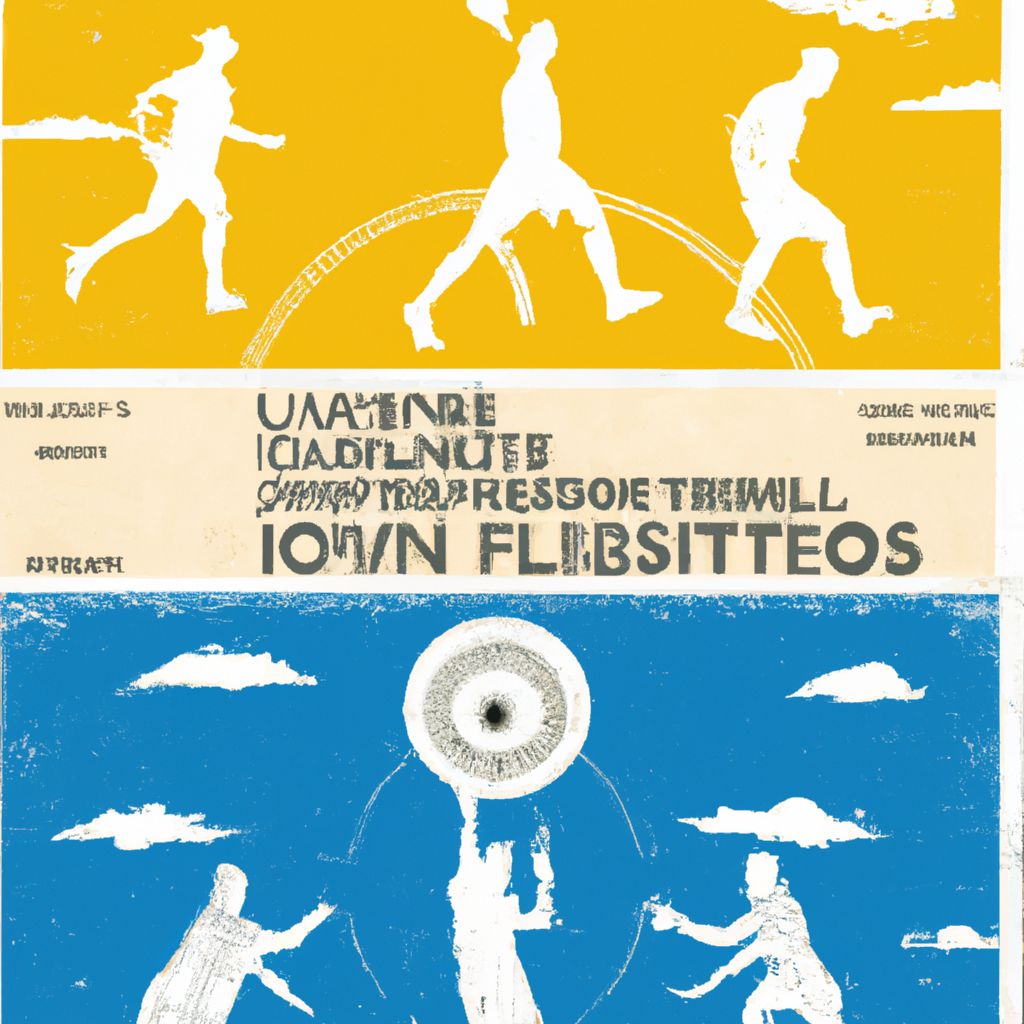
Ultimate Frisbee, also known simply as Ultimate, is a non-contact team sport played with a flying disc (Frisbee). It amalgamates elements from various sports like soccer, basketball, and American football, but the most distinctive aspect of this sport is its emphasis on "Spirit of the Game", which encourages sportsmanship and fair play.
The game was first introduced in the late 1960s by a group of high school students in Maplewood, New Jersey, USA. Since then, it has evolved drastically, transitioning from a casual, recreational activity to a fully-fledged, globally recognized sport. This blog will take you through the fascinating journey of the history and evolution of Ultimate Frisbee.
Origins of Ultimate Frisbee
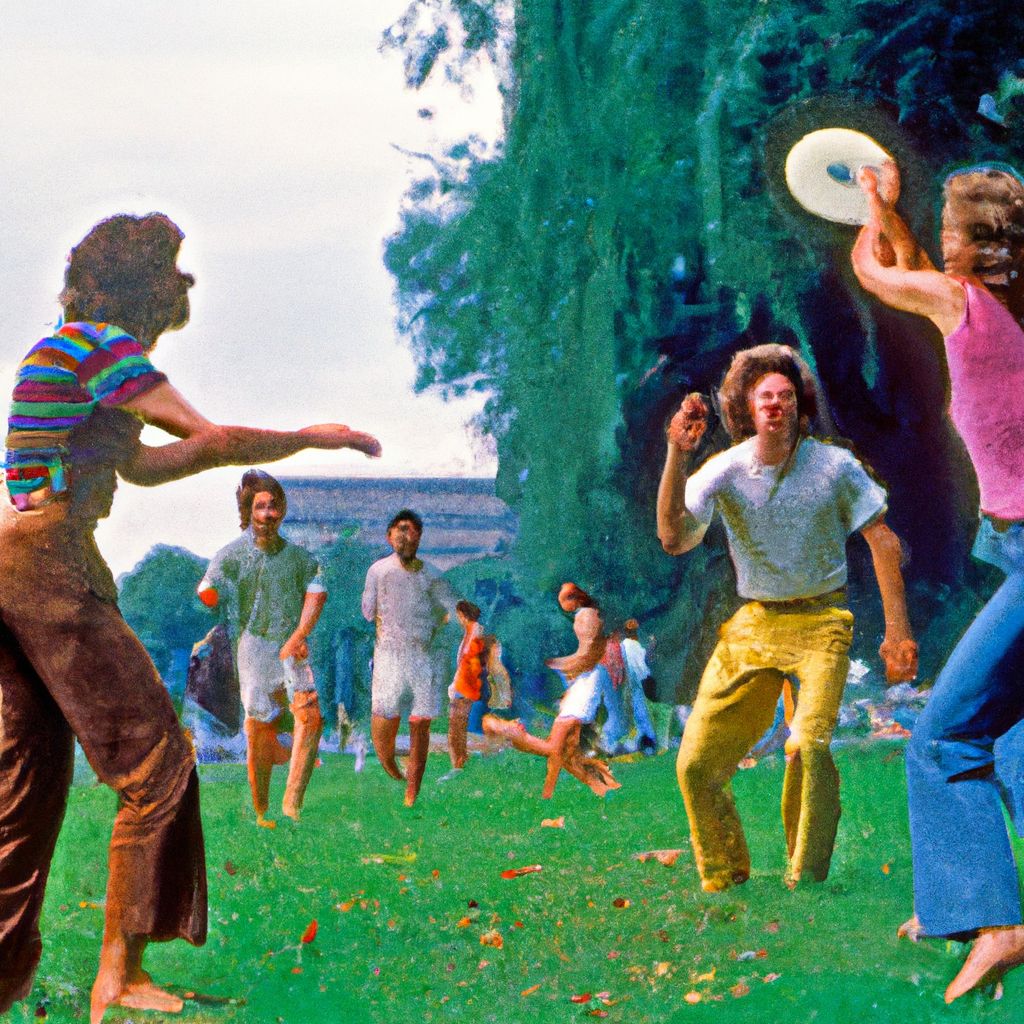
The story of Ultimate Frisbee began in the late 1960s at Columbia High School, Maplewood, New Jersey. The inventors of the sport were Joel Silver, Jonny Hines, Jordan Haskell, and Buzzy Hellring. The idea first sprouted during a student council meeting, where Silver proposed a school Frisbee team and received an enthusiastic response.
The initial concept of Ultimate was influenced by a game called Frisbee football, which Silver and his friends used to play in their summer camp. They saw potential in the game and decided to refine it, leading to the birth of a new sport.
The first-ever game of Ultimate Frisbee was played between two groups of students from Columbia High School in 1968. The original rules were simple and the focus was mainly on fun and camaraderie.
Early Days of Ultimate Frisbee
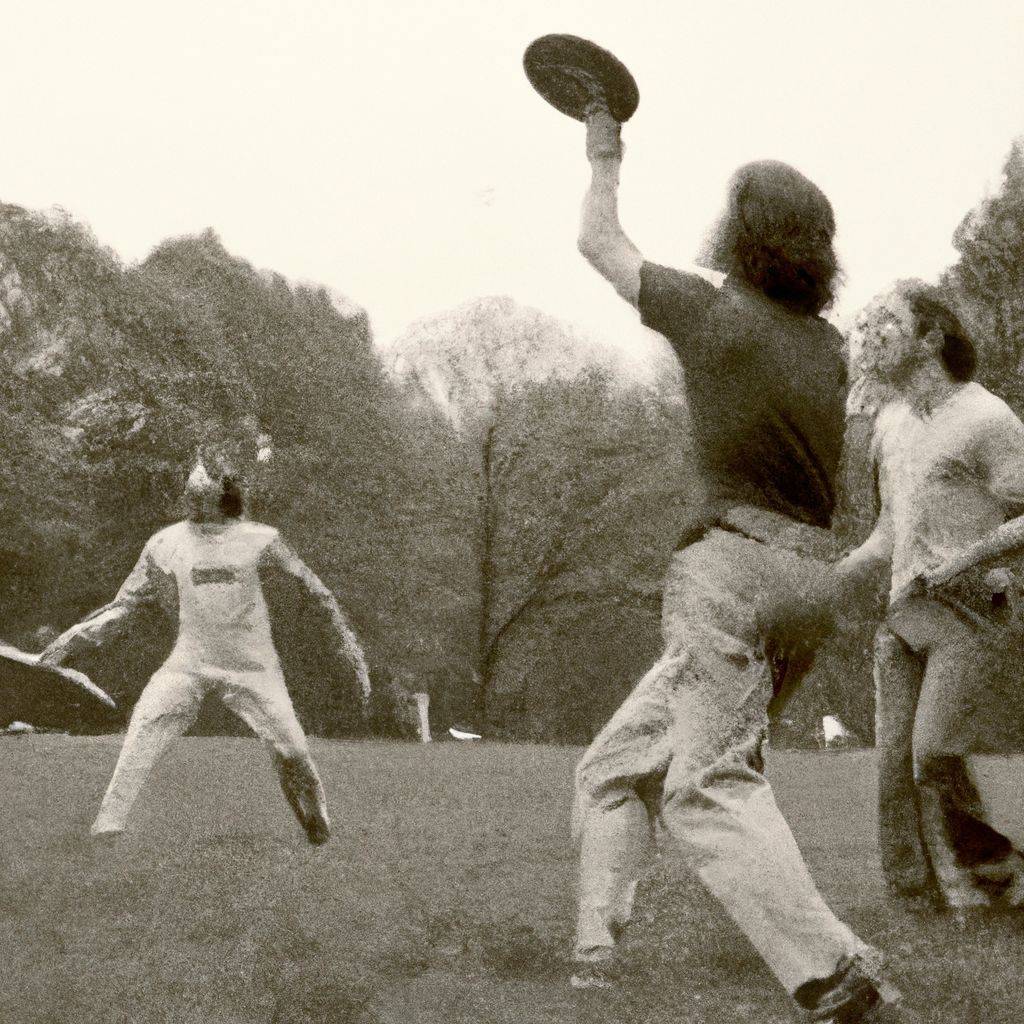
In the early days, Ultimate Frisbee was a simple, fun game played casually among friends. The original game involved teams of varying sizes and the field could be of any size. The objective was to pass the Frisbee to a teammate in the opposing team's end zone.
The rules for the game were first formalized by Buzzy Hellring, Joel Silver, and Jonny Hines in 1970. The initial rule set was quite basic. The game was non-contact and players were not allowed to run with the disc. Upon catching the disc, a player had to stop as quickly as possible and establish a pivot foot.
The Frisbee used in the early days was a "Master" model manufactured by Wham-O, which was a popular choice for disc sports at the time.
Over time, these rules were refined and new ones were added to make the game more structured and competitive, but the core principles of the game – respect for other players, fair play, and the joy of playing – remained the same.
Evolution of Ultimate Frisbee
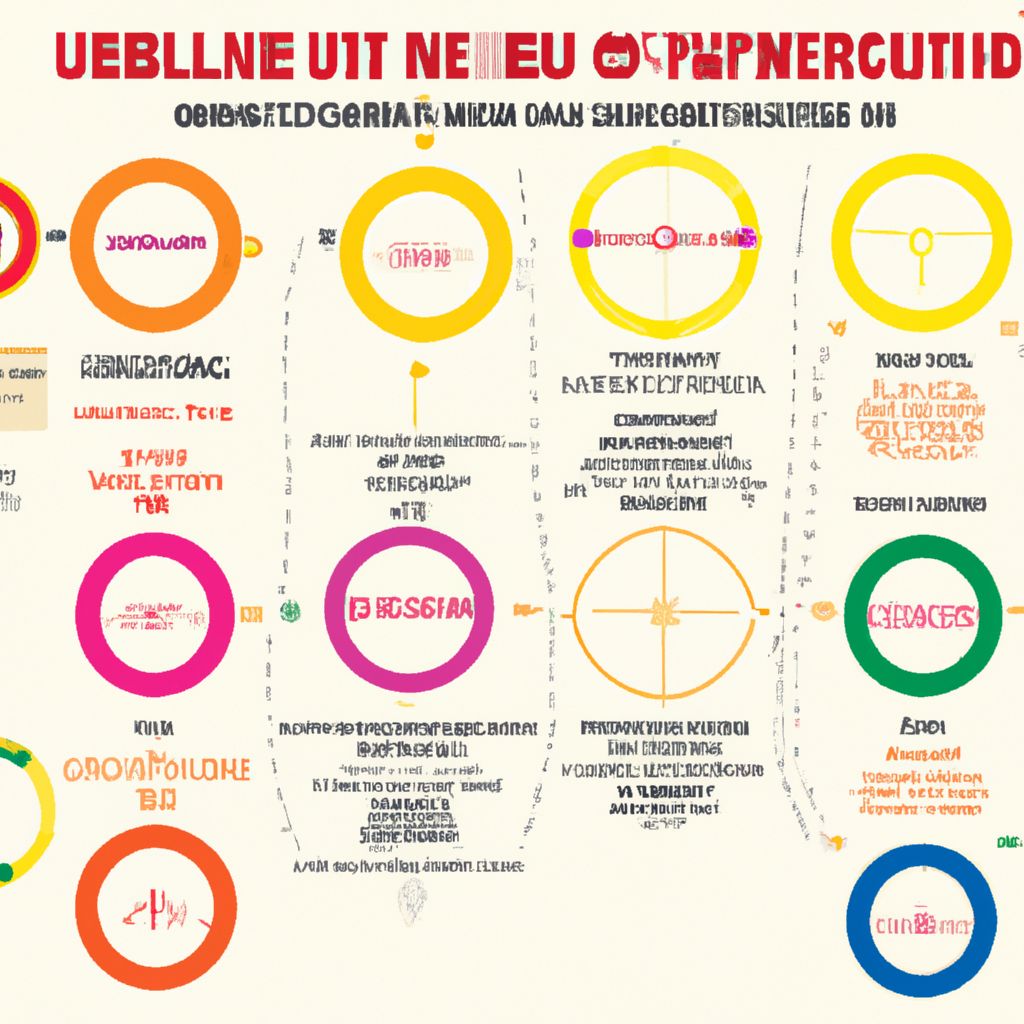
Since its inception, Ultimate Frisbee has evolved significantly, both in terms of its rules and equipment. By the late 1970s, the sport had spread across the United States, and the first national championship was held in 1975.
In 1983, the Ultimate Players Association (UPA), now known as USA Ultimate, was formed to govern the sport in the United States. The UPA established a standardized set of rules, which brought greater consistency and professionalism to the game.
Equipment used in the game also evolved. The "Master" model Frisbee, originally used, was replaced by the "Discraft Ultra-Star" in 1981, which offered better performance and consistency.
Strategies and playing styles have also developed over the years. Early games were mostly about long throws and running, but modern Ultimate involves more complex tactics and strategies, including different offensive and defensive formations.
Ultimate Frisbee crossed a significant milestone in 2001 when it was recognized by the International Olympic Committee. This recognition boosted the sport's profile globally and paved the way for its inclusion in multi-sport events.
In 2015, the sport made its debut at the World Games, a major international multi-sport event. This event marked a significant step in the evolution of Ultimate Frisbee from a casual school game to a globally recognized competitive sport.
Ultimate Frisbee in the Modern Era
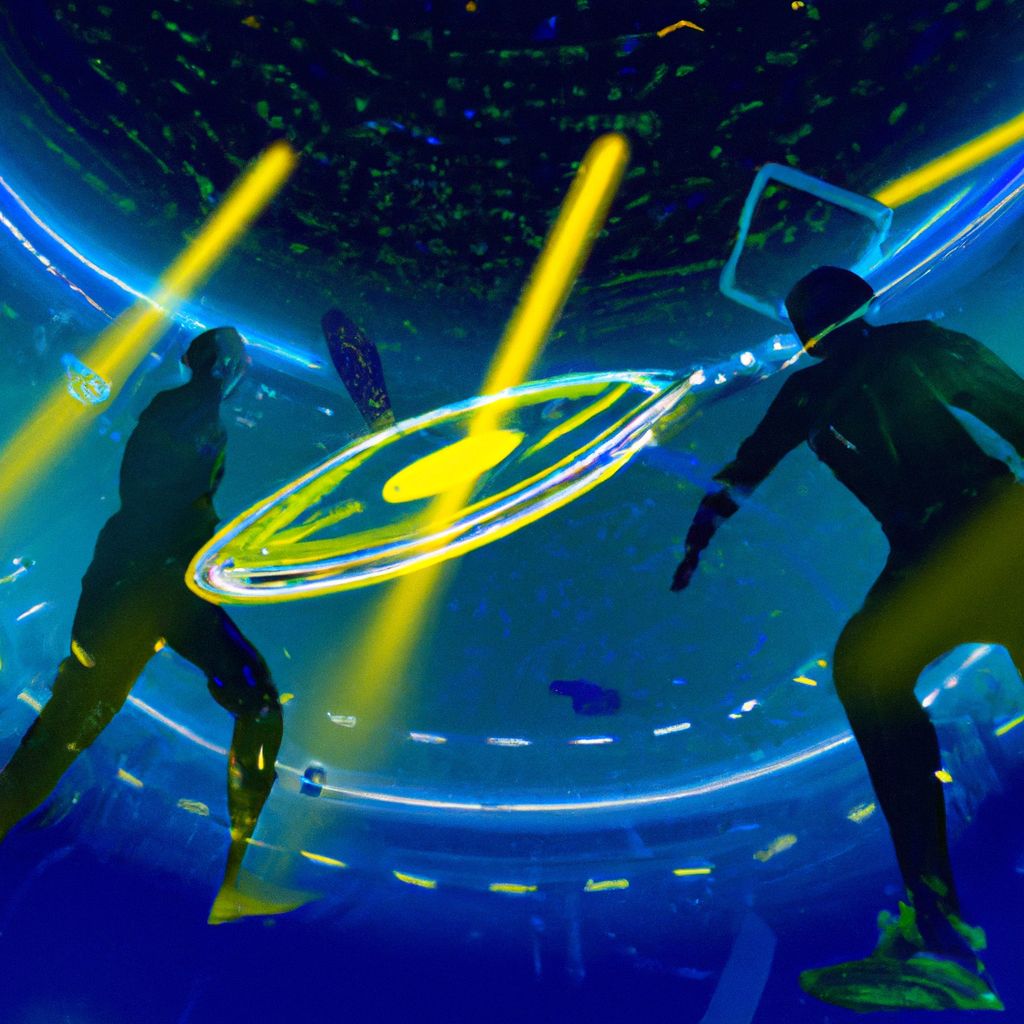
Today, Ultimate Frisbee is played worldwide, with an estimated 7 million players in over 80 countries. It is governed internationally by the World Flying Disc Federation (WFDF), which organizes world championships for various age groups and divisions.
The sport's popularity has led to its inclusion in major multi-sport events. Ultimate Frisbee was a part of the World Games in 2001 and 2017 and has been approved for inclusion in the 2024 Summer Olympics in Paris.
There are now professional Ultimate leagues in several countries, including the American Ultimate Disc League (AUDL) in the United States and the Ultimate Liga Profesional (ULP) in Colombia.
The AUDL, established in 2012, currently has 22 teams from across the United States and Canada. The ULP, on the other hand, was founded in 2018 and is the first professional Ultimate league in Latin America.
These professional leagues have standardized rules, provide player salaries, and attract large audiences. They have played a significant role in increasing the visibility and appeal of Ultimate Frisbee.
In addition to professional leagues, there are numerous amateur leagues and college-level tournaments that provide a platform for players of all skill levels to participate and enjoy the game.
Impact and Influence of Ultimate Frisbee

Ultimate Frisbee has made a significant impact both in the sports world and beyond. Its unique combination of athleticism, strategy, and the "Spirit of the Game" has resonated with people of all ages and backgrounds.
The sport has permeated popular culture, appearing in movies, TV shows, and literature. It has also influenced the development of other disc sports, such as Disc Golf and Freestyle.
The cultural significance of Ultimate is immense. It is a sport that transcends boundaries and fosters a sense of community. The emphasis on fair play and respect towards opponents, referred to as the "Spirit of the Game", is a defining characteristic of Ultimate culture.
This strong community aspect, combined with the inclusive nature of the sport – anyone can play, regardless of age, gender, or athletic ability – has contributed to Ultimate's growing popularity and its positive impact on those who participate.
Ultimate Frisbee has also been used as a tool for social change. Organizations such as Ultimate Peace use the sport to build bridges between communities in conflict, fostering understanding and friendship through the shared love of the game.
Overall, the impact and influence of Ultimate Frisbee extends far beyond the playing field, shaping lives and communities around the world.
Conclusion

In conclusion, Ultimate Frisbee is a unique sport that has evolved considerably since its humble beginnings in a New Jersey high school. From casual games with simple rules, it has grown into a globally recognized sport with professional leagues, standardized rules, and millions of players worldwide.
But despite all these changes, the core principles of the sport – the "Spirit of the Game", fair play, and the joy of playing – have remained unchanged. This commitment to sportsmanship and respect, combined with the sport's accessibility and appeal to players of all skill levels, has ensured its enduring popularity.
Ultimate Frisbee is more than just a sport. It is a community, a culture, and for many, a way of life. As it continues to grow and evolve, one thing is certain – the spirit of Ultimate Frisbee will endure.


